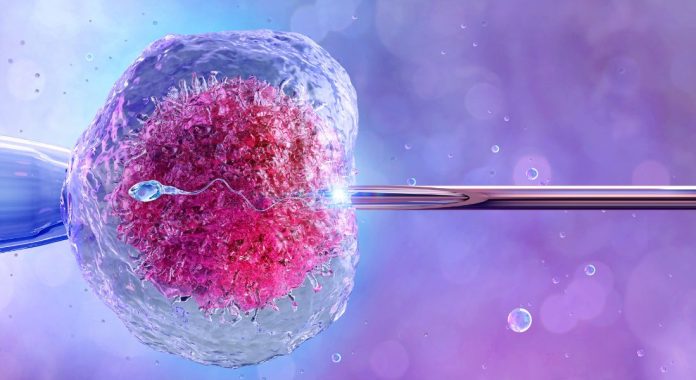Fertility is a vital aspect of reproductive health, and for many couples, achieving parenthood can be a cherished goal. However, various factors can influence fertility in both men and women. Recognizing these factors and addressing them promptly can significantly enhance the chances of conception.
Below, we explore the top 10 factors affecting fertility and provide insights into how individuals and couples can manage them effectively.
Top 10 factors affecting fertility
1. Age
Age is one of the most significant factors impacting fertility. Women experience a decline in egg quality and quantity as they age, especially after 35. Men also face a decline in sperm quality with age, although the effect is less pronounced.
2. Lifestyle Choices
Smoking, excessive alcohol consumption, and drug use can negatively affect fertility in both men and women. These habits can impair egg and sperm quality, making conception more challenging.
3. Body Weight
Being overweight or underweight can disrupt hormonal balance, affecting ovulation in women and sperm production in men. Maintaining a healthy body mass index (BMI) is essential for optimal fertility.
4. Medical Conditions
Conditions like polycystic ovary syndrome (PCOS), endometriosis, and uterine fibroids in women can impact fertility. In men, issues like low sperm count, erectile dysfunction, or varicocele can pose challenges.
5. Stress
Chronic stress can lead to hormonal imbalances that interfere with ovulation and sperm production. Managing stress through relaxation techniques, exercise, or counseling can improve fertility outcomes.
6. Environmental Factors
Exposure to harmful chemicals, pesticides, and radiation can negatively impact reproductive health. Both men and women should minimize exposure to environmental toxins to protect their fertility.
7. Sexually Transmitted Infections (STIs)
Untreated STIs like chlamydia and gonorrhea can cause scarring and blockages in the reproductive organs, leading to infertility. Early diagnosis and treatment are crucial.
8. Diet and Nutrition
A nutrient-rich diet supports hormonal balance and overall reproductive health. Deficiencies in vitamins like D, E, and folic acid can affect fertility, so a balanced diet is key.
9. Genetics
Certain genetic conditions can impact fertility. In such cases, consulting a fertility expert for appropriate testing and guidance is recommended.
10. Frequency and Timing of Intercourse
Understanding the ovulation cycle and timing intercourse during the fertile window increases the chances of conception. Infrequent or poorly timed intercourse can reduce fertility success rates.
Expert Guidance for Fertility Challenges
Dr. AprajitaSrivastava, a renowned IVF Specialist in Noida, has extensive experience in addressing fertility issues in couples. As a leading expert at an esteemed IVF Center in Noida, Dr. Srivastava offers personalized treatment plans, ensuring that every couple receives the best possible care on their journey to parenthood. From initial assessments to advanced fertility treatments like IVF, her compassionate and tailored approach has helped numerous couples achieve their dreams.
Dr. AprajitaSrivastava, IVF Specialist in Noida, Best Gynaecologist in Noida | Laparoscopic Surgery in Noida
Phone : +91 95992 44575
Address: Ofc No 143, 1st Floor, QURE CLINIC, Cleo St, Sector 121, Noida, Uttar Pradesh 201301
Taking the Next Step
If you or your partner are facing fertility challenges, don’t hesitate to seek expert advice. With advancements in reproductive technology and the support of specialists like Dr. Aprajita Srivastava, overcoming fertility hurdles is more achievable than ever. Schedule a consultation at a trusted IVF Center in Noida and take a confident step toward fulfilling your parenthood goals.








